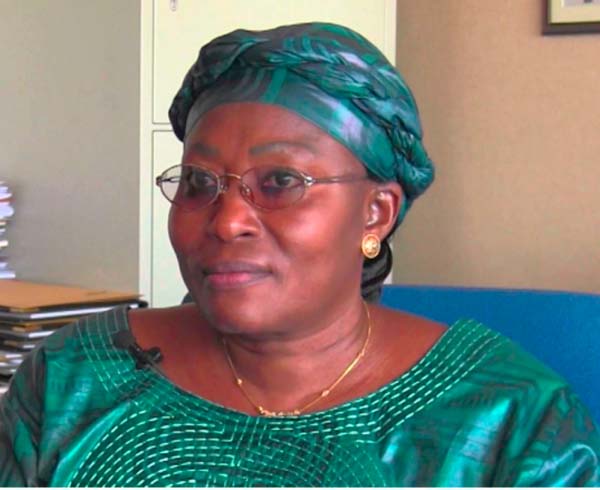
The event, among other things, included a consultation and dialogue on sector policy issues, sector plans, field trips to project sites/schools covering basic and secondary education, as well as higher education, research, science and technology.
The objective was to ensure that the entire education sector plans, strategic, medium term, and policies are successfully implemented, within the framework of the Paris Declaration and the Accra Agenda for Action commitments on aid effectiveness.
The emphasis is on national ownership, harmonization, use of country systems (financial and procurements), aid alignment with national development agenda and priorities, improved coordination, management for results and mutual accountability for better resultsfor the education sector.
Speaking at the review meeting held at the regional education directorate in Kanifing, Nuha Jatta, Education Specialist at UNICEF, said at the national level, the education sector concluded a consultation and dialogue on the national education policy which culminated in a national conference on education.
The participatory nature of the consultation and dialogue held at the community, regional and national levels was good practice, he said.
Since the national conference on education, the technical team had been working relentlessly to ensure that all the recommendations feed into the education sector policy 2016-2030, which is currently being developed, he added.
The local education group would like to remind the sectors of their commitment on universal access to Early Childhood Development (ECD), promoting safety and protection of children in school, reaching out to the out-of-school, and investing in knowledge management and visibility, he further stated.
According to Jatta, it was commendable that the sector had embraced the value and potential of early childhood development in enhancing school readiness and the holistic development of children, which would ultimately pave the path for children’s adulthood success and happiness in life.
“The sector commitment to universal access to ECD and the expansion of the School Improvement Grant (SIG) to include public sector ECDs are, therefore, policy moves in the right direction,” Mr Jatta declared.
Mr Jatta acknowledged the steady progress made in access to ECD services, with gross enrolment at 45.4 per cent nationally.
The highest performing region, West Coast Region, recorded 56.4 percent gross enrolment rate, while the lowest performing region, Central River Region, recorded 23.5 percent EMIS 2015, he disclosed.
These are the inequities that should guide policy and programme decisions, if all communities are to maximally benefit from investing in ECD services, he continued.
“The school improvement grant for ECD is a social protection tool that would benefit vulnerable and disadvantaged families in access to ECD services.”
According to Mr Jatta, UNICEFwould continue working with the NYC, ChildFund, CPA and other relevant partners to advocate for better results of the regional consultation with children, with a view to maximising opportunities for every child to realise his/her rights and potential.
He also indicated that the sectors’ commitment to inclusive, equitable quality education means no child should be denied his or her right to education.
The education statistics show that there are still significant numbers of children out of school, he said, adding that during the implementation phase of the MDGs, the education sector made considerable achievements in sector and donor coordination, teacher motivation through the introduction of the hardship allowance, improved school transport system using the “donkey cart” scheme in rural regions, and most recently the school improvement grant.
Read Other Articles In Article (Archive)
Gambia Scout Association holds AGM
Jun 21, 2010, 2:37 PM



